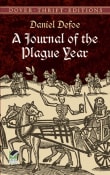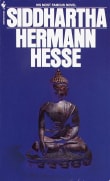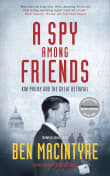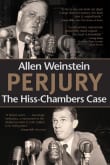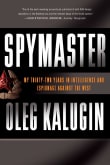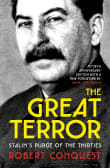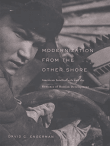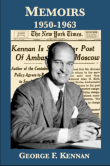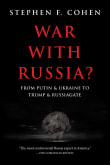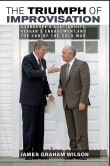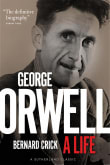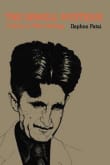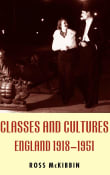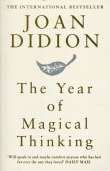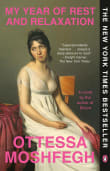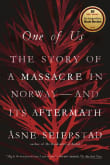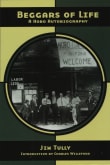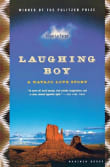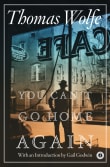Darkness at Noon
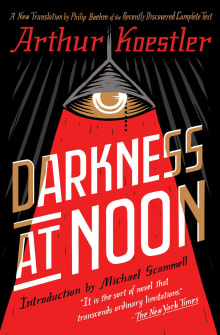
Book description
The newly discovered lost text of Arthur Koestler’s modern masterpiece, Darkness at Noon—the haunting portrait of a revolutionary, imprisoned and tortured under totalitarian rule—is now restored and in a completely new translation.
Editor Michael Scammell and translator Philip Boehm bring us a brilliant novel, a remarkable discovery, and a new…
Why read it?
7 authors picked Darkness at Noon as one of their favorite books. Why do they recommend it?

In my youth, I fiddled with Marxism – everyone should be a Marxist when young. That led to my first reading of this book. A haunting, tragic thriller? Yes, and much more.
The main character is Rubashov, one of the Old Bolsheviks, a man who, in the 1920s and 30s, betrayed and murdered at the Communist Party’s behest. But he questions if the things he did were justified.
He is arrested, tortured, and condemned and yet, in the end, dies loyal to the Party’s teachings. Russia and Stalin are never explicitly identified, but the question of why the show trials…

I studied under the distinguished sociologist, Immanuel Wallerstein. One day in class he said, if you read only one book, it should be this one. So I read it.
Koestler was a Hungarian Jew who joined the German Communist Party. He became disillusioned with communism, in part because of the Stalin trials of the 1930s, in which many of Stalin’s own former allies were tortured and executed.
The protagonist of the novel is Rubashov, a dedicated Communist who is accused of treason, tortured, and eventually executed despite confessing to his supposed crimes. The novel is a great way to learn…
From Rhoda's list on readable stories on human rights.

I read Darkness at Noon in my junior year of high school and got in a bit of trouble when our teacher wanted us to talk about the significance of the book and instead I went off on an essay based on the last two sentences of the book. Those sentences have stayed with me all my life and eventually inspired the last words of what I think is my best book. Unpublished. And not science fiction.
From Grant's list on non-sci-fi that a sci-fi writer likes.
If you love Darkness at Noon...

Set during Moscow Show Trials in 1938, this chilling novel by Arthur Koestler chronicles the purging of intellectuals and politicians in the Communist Party. Stalin used these trials to strengthen his one-man role, setting a pattern for future autocrats.
From Kaya's list on horrible years.

Sometimes you get a better view of Orwell if you come at him side-on, in a work not by him but, in a way, for him. While fighting in Spain, he came across blood and terror on both sides but it was the inexorable logic of terror on his own Communist side that distressed him most. In this dark fable, Koestler - who was also to become a close friend - writes about Rubashov, an old and heroic Bolshevik who, though innocent of the charges against him, assents to his own execution.
From Robert's list on George Orwell.

This is the only book that can rival George Orwell’s 1984 for the title of the greatest piece of literature on totalitarianism. Koestler, a German-speaking Hungarian Jew who broke with the communist party after Stalin’s pact with Hitler, wrote this novel while he was on the run from Nazism during World War II. It takes us into the mind of communist functionary Roman Rubaschov, who confesses to crimes against the communist party he never committed. Even in death, Rubaschov’s belief in the greater cause trumps his sense of personal dignity. Koestler provides invaluable psychological insight into a part of the…
From John's list on Russia in Western eyes.
If you love Arthur Koestler...

This classic novel is a psychological masterpiece—a thinly veiled fictional account of Stalin’s purges, told through the eyes of a longtime loyal Bolshevik, Rubashov, who under relentless interrogation finally confesses his supposed “crimes,” and point the finger at alleged collaborators, thereby placing the demands of the Party above his personal dignity and the truth. Who prompts a proud man to act in such an abject fashion? It is a book that brilliantly anticipates George Orwell’s better-known 1984, but the themes are eerily similar.
From Michael's list on Russian espionage.
If you love Darkness at Noon...
Want books like Darkness at Noon?
Our community of 12,000+ authors has personally recommended 100 books like Darkness at Noon.


